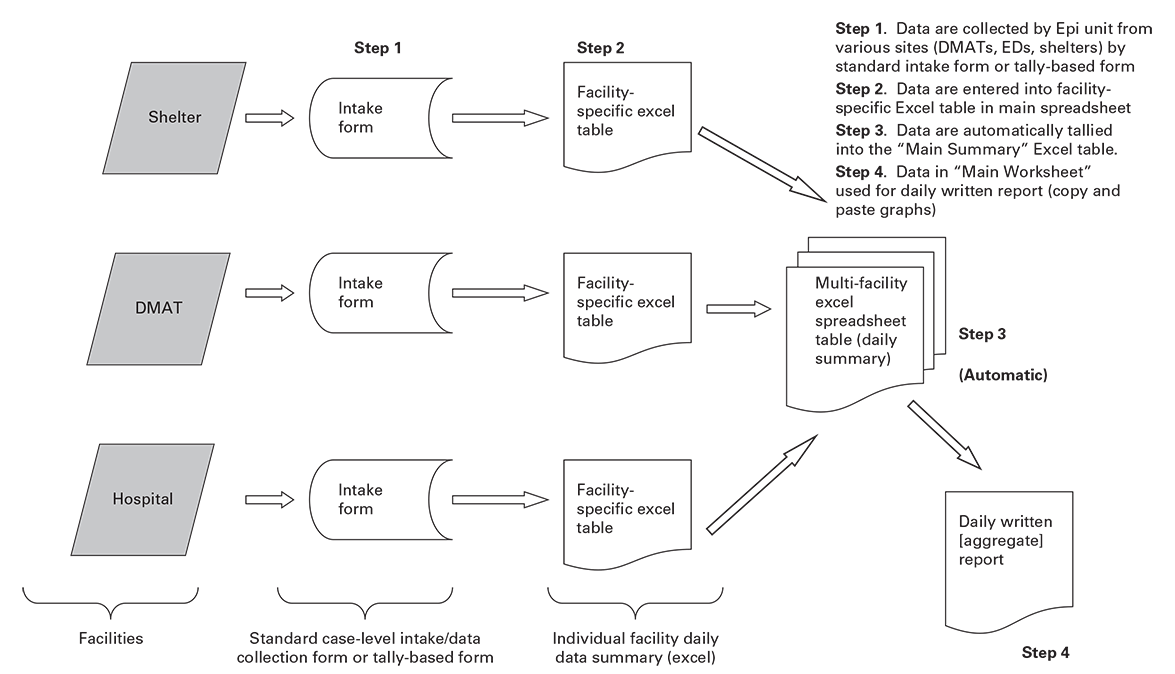
Navigating the Global Pandemic: Understanding the Impact
The global pandemic has brought unprecedented challenges, reshaping every aspect of our lives. From healthcare systems to economies, the impact of the epidemic has been profound, influencing societies on a global scale. Let’s delve into the multifaceted effects and explore how the world copes with this ongoing crisis.
Healthcare Systems Strain: Coping with Unprecedented Pressure
The pandemic has placed immense strain on healthcare systems worldwide. Hospitals have faced challenges in managing surges of COVID-19 cases, leading to overwhelmed resources, exhausted healthcare professionals, and delays in non-pandemic-related medical care. The need for robust healthcare infrastructure and adaptive strategies has never been more apparent.
Economic Turmoil: Disruptions Across Industries
The economic fallout from the pandemic has been substantial. Lockdowns, travel restrictions, and disruptions to supply chains have impacted businesses across various sectors. Unemployment rates soared, small businesses faced closures, and the global economy entered a recession. Governments and organizations continue to grapple with devising effective recovery strategies.
Educational Shifts: Adapting to Remote Learning
The pandemic has transformed education, prompting a rapid shift to remote learning. Schools and universities worldwide adopted online platforms to ensure continuity in education. However, the digital divide highlighted disparities in access to technology and internet connectivity, posing challenges for equitable learning experiences.
Mental Health Struggles: Coping with Uncertainty
The prolonged uncertainty and social isolation resulting from the pandemic have taken a toll on mental health. Individuals worldwide have faced increased stress, anxiety, and depression. The importance of prioritizing mental health and fostering support systems has become evident as societies navigate the ongoing challenges.
Global Collaboration: Uniting for Scientific Advancements
The pandemic has spurred unprecedented global collaboration in the scientific community. Efforts to develop and distribute vaccines at an accelerated pace showcased the power of international cooperation. These collaborative initiatives emphasized the necessity of a united front in addressing global health crises.
Social Dynamics: Shifting Norms and Values
Social dynamics have undergone significant shifts, altering norms and values. The pandemic prompted reflection on societal structures, emphasizing the importance of empathy, community support, and collective responsibility. Discussions about healthcare access, social inequalities, and the need for resilient systems have gained prominence.
Remote Work Evolution: Rethinking the Workplace
Remote work became a widespread norm during the pandemic, challenging traditional workplace structures. The shift prompted organizations to reassess the feasibility and benefits of remote work, sparking discussions about the future of work and the role of physical offices in a post-pandemic world.
Environmental Impact: Silver Linings Amidst Crisis
While the pandemic brought immense challenges, it also had positive environmental implications. Lockdowns led to decreased industrial activities and transportation, resulting in reduced carbon emissions and improved air quality. The pandemic underscored the importance of sustainable practices for a healthier planet.
Preparedness for Future Crises: Lessons Learned
As societies grapple with the ongoing impact of the pandemic, there is a growing focus on preparedness for future crises. Lessons learned from this global health emergency emphasize the need for resilient healthcare systems, adaptable economic strategies, and collaborative approaches to address unforeseen challenges.
To gain deeper insights into the ongoing impact of the global pandemic, visit healthcares.my.id. Navigating these challenging times requires collective efforts, adaptability, and a commitment to building a more resilient and equitable world.












